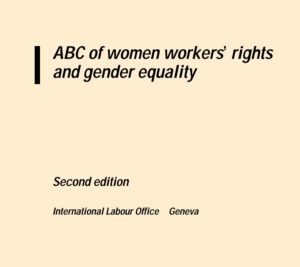Economic Justice
Global Commitments to Economic Justice
The international community – at the governmental level and among corporations – has made several global commitments related to WEE. These are important reference points not only for policy analysis and advocacy, but also for program design.
Sustainable Development Goals
In 2015, the international community adopted a set of Sustainable Development Goals (to succeed the Millennium Development Goals) that articulated ambitious goals to be achieved by 2030. Each country is encouraged to produce a voluntary national review (VNR) annually to share progress against the SDGs at the national and sub-national level.
This is an opportunity for civil society engagement and advocacy. Key targets that relate to WEE, and can serve as important benchmarks for accountability include:
Goal 3, which focuses on health and well-being includes:
- SDG Target 3.1 By 2030, reduce the global maternal mortality ratio to less than 70 per 100,000 live births
- SDG Target 3.3 By 2030, end the epidemics of AIDS, tuberculosis, malaria and neglected tropical diseases and combat hepatitis, water-borne diseases and other communicable diseases
- SDG Target 3.7 By 2030, ensure universal access to sexual and reproductive health-care services, including for family planning, information and education, and the integration of reproductive health into national strategies and programmes
- SDG Target 3.8 Achieve universal health coverage, including financial risk protection, access to quality essential health-care services and access to safe, effective, quality and affordable essential medicines and vaccines for all
- SDG Target 5.1 End all forms of discrimination against all women and girls everywhere
- SDG Target 5.2 Eliminate all forms of violence against all women and girls in the public and private spheres, including trafficking and sexual and other types of exploitation
- SDG Target 5.4 Recognize and value unpaid care and domestic work through the provision of public services, infrastructure and social protection policies and the promotion of shared responsibility within the household and the family as nationally appropriate
- SDG Target 5.5 Ensure women’s full and effective participation and equal opportunities for leadership at all levels of decision-making in political, economic and public life
- SDG Target 5.a Undertake reforms to give women equal rights to economic resources, as well as access to ownership and control over land and other forms of property, financial services, inheritance and natural resources, in accordance with national laws
- SDG Target 5.c Adopt and strengthen sound policies and enforceable legislation for the promotion of gender equality and the empowerment of all women and girls at all levels
- SDG Target 8.3 Promote development-oriented policies that support productive activities, decent job creation, entrepreneurship, creativity and innovation, and encourage the formalization and growth of micro-, small- and medium-sized enterprises, including through access to financial services
- SDG Target 8.5 By 2030, achieve full and productive employment and decent work for all women and men, including for young people and persons with disabilities, and equal pay for work of equal value
- SDG Target 8.6 By 2020, substantially reduce the proportion of youth not in employment, education or training
- SDG Target 8.7 Take immediate and effective measures to eradicate forced labour, end modern slavery and human trafficking and secure the prohibition and elimination of the worst forms of child labour, including recruitment and use of child soldiers, and by 2025 end child labour in all its forms
- SDG 8.8 Protect labour rights and promote safe and secure working environments for all workers, including migrant workers, in particular women migrants, and those in precarious employment
- SDG Target 8.10 Strengthen the capacity of domestic financial institutions to encourage and expand access to banking, insurance and financial services for all
- SDG Target 8.B By 2020, develop and operationalize a global strategy for youth employment and implement the Global Jobs Pact of the International Labour Organization
- SDG Target 16.1 Significantly reduce all forms of violence and related death rates everywhere
- SDG Target 16.5 Substantially reduce corruption and bribery in all their forms
- SDG Target 16.6 Develop effective, accountable and transparent institutions at all levels
- SDG Target 16.7 Ensure responsive, inclusive, participatory and representative decision-making at all levels
- SDG Target 16.10 Ensure public access to information and protect fundamental freedoms, in accordance with national legislation and international agreements
- SDG Target 16.B Promote and enforce non-discriminatory laws and policies for sustainable development
Linked to the SDGs, the UN Secretary-General’s High-Level Panel on Women’s Economic Empowerment within the UN published a call to action to ‘Leave No One Behind’. The Call to Action accompanied a report, which highlights seven ‘proven and promising drivers to expand women’s economic opportunities’. These involve:
- Tackling adverse social norms and promoting positive role models;
- Ensuring legal protection and reforming discriminatory laws and regulations Redistribution, recognition and reduction of unpaid care work;
- Recognizing, reducing and redistributing unpaid work and care
- Building assets — Digital, financial and property
- Changing business culture and practice
- Improving public sector practices in employment and procurement
- Strengthening visibility, collective voice and representation
- Improving outcomes for women in four areas of work (labor in the informal economy, labor in the formal sector, agriculture, and small/medium enterprises – especially women owned enterprises).
Convention on the Elimination of All Forms of Discrimination against Women
The Convention on the Elimination of All Forms of Discrimination against Women, affirms gender equitable rights to education, employment and economic as well as social activities. Recommendation, as part of its call for an end of all forms of discrimination. Articles 13 and 14 specifically call for equal economic rights of women. [View Ratifications and Reservations by Country]
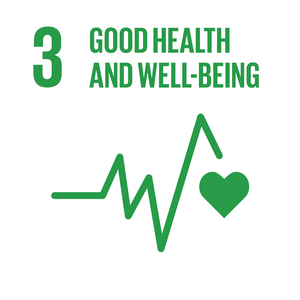
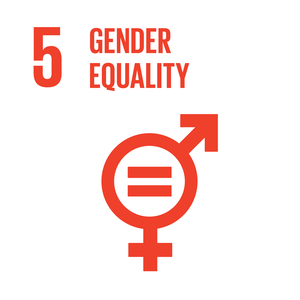
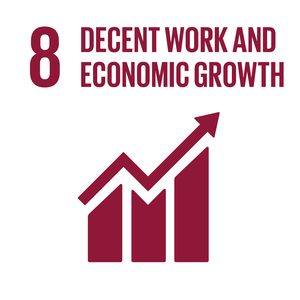
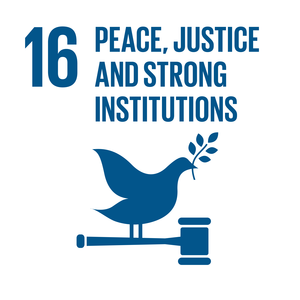
International Labour Organization
- C087
Freedom of Association and Protection of the Right to Organize Convention(1948) - C098
Right to Organize and Collective Bargaining Convention - C100
Equal Remuneration Convention(1951) - C102
Social Security (Minimum Standards) - C111
Discrimination 9Employment and Occupation
Convention (1958) - C156
Workers with Family Responsibilities Convention (1981) - C171
Night Work Convention - C177
Home Work Convention - C182
Worst Forms of Child Labour Convention - C183
Maternity Protection Convention (2000) - C189
Domestic Workers Convention (2011)
Women's Empowerment Principles
A set of Women’s Empowerment Principles developed by UN Women and the UN Global Compact, launched in 2010, set out guidance for how to empower women in the workplace and marketplace. These principles emphasize the business case for corporate action to promote gender equality and women’s empowerment
- Principle 1 Establish high-level corporate leadership for gender equality
- Principle 2 Treat all women and men fairly at work - respect and support human rights and non-discrimination
- Principle 3 Ensure the health, safety and wellbeing of all women and men workers
- Principle 4 Promote education, training and professional development for women
- Principle 5 Implement enterprise developmeny, supply chain and marketing practices that empower women
- Principle 6 Promote equality through community initiatives and advocacy
- Principle 7 Measure and publicly report on progress to achieve gender equality
